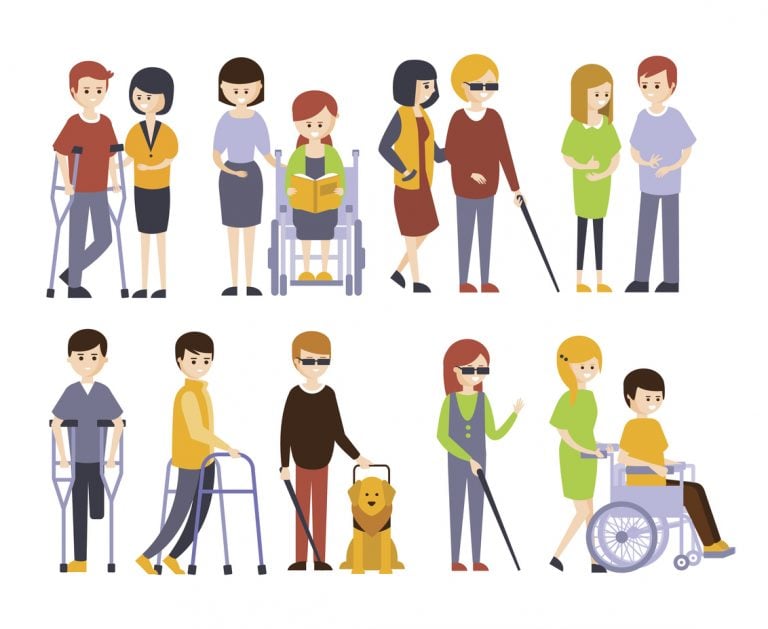
Around the
world, persons with disabilities, LGBT members, indigenous people face
discrimination and violence. But everyone should have the right to be
themselves. It doesn't matter who you are or whom you love. That is why the
Netherlands promotes equal rights for LGBTI people worldwide.
Persons with disabilities
face discrimination and barriers that restrict them from participating in
society on an equal basis with others every day. They are denied their rights
to be included in the general school system, to be employed, to live
independently in the community, to move freely, to vote, to participate in
sport and cultural activities, to enjoy social protection, to access justice,
to choose medical treatment and to enter freely into legal commitments such as
buying and selling property. A disproportionate number of persons with
disabilities live in developing countries, often marginalized and in extreme
poverty.
The protection guaranteed in
other human rights treaties, and grounded in the Universal Declaration of Human
Rights, should apply to all. Persons with disabilities have, however, remained
largely ‘invisible’, often side-lined in the rights debate and unable to enjoy
the full range of human rights.In recent years, there has been a revolutionary
change in approach, globally, to close the protection gap and ensure that
persons with disabilities enjoy the same standards of equality, rights and
dignity as everyone else. The Convention on the Rights of Persons with
Disabilities, which was adopted in 2006 and entered into force in 2008,
signalled a ‘paradigm shift’ from traditional charity-oriented, medical-based
approaches to disability to one based on human rights.
Equal
opportunity (also known as equality of opportunity) arises
from the similar treatment of all people, unhampered by artificial barriers or
prejudices or preferences, except when particular distinctions can be
explicitly justified. According to this often complex and contested
concept, the intent is that important jobs in an organization should go to
those persons who are the "most qualified" – persons most likely to
perform ably in a given task – and not go to persons for reasons deemed
arbitrary or irrelevant, such as circumstances of birth, upbringing, having
well-connected relatives or friends, religion,
sex, ethnicity,
race, caste, or involuntary personal attributes such
as disability, age, gender identity, or sexual
orientation. Though accommodation of persons with special needs and
disabilities are done through job restructuring activities considering their
potential for same level of performance, for experiencing same level of
benefits and privileges as others.
Chances for
advancement should be open to everybody interested, such that they
have "an equal chance to compete within the framework of goals and the
structure of rules established". The idea is to remove arbitrariness
from the selection process and base it on some "pre-agreed basis of fairness, with the assessment process being
related to the type of position" and emphasizing procedural and legal means. Individuals
should succeed or fail based on their own efforts and not extraneous
circumstances such as having well-connected parents.
It is opposed to nepotism and
plays a role in whether a social structure is seen as legitimate. The
concept is applicable in areas of public life in which benefits are earned and
received such as employment and education, although it can apply to many other
areas as well. Equal opportunity is central to the concept of meritocracy.
REFERENCE:
https://en.wikipedia.org/wiki/Equal_opportunity



No comments:
Post a Comment